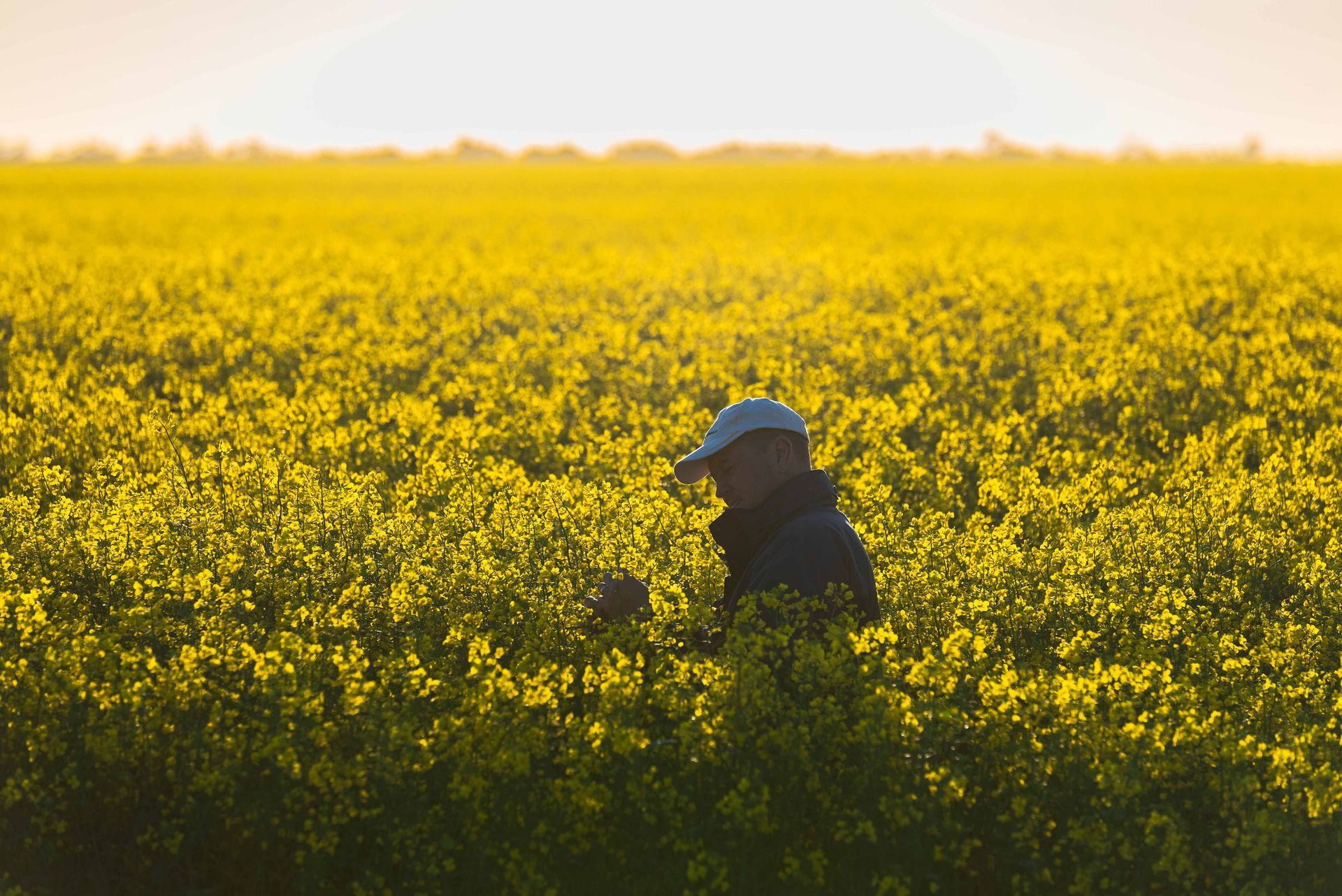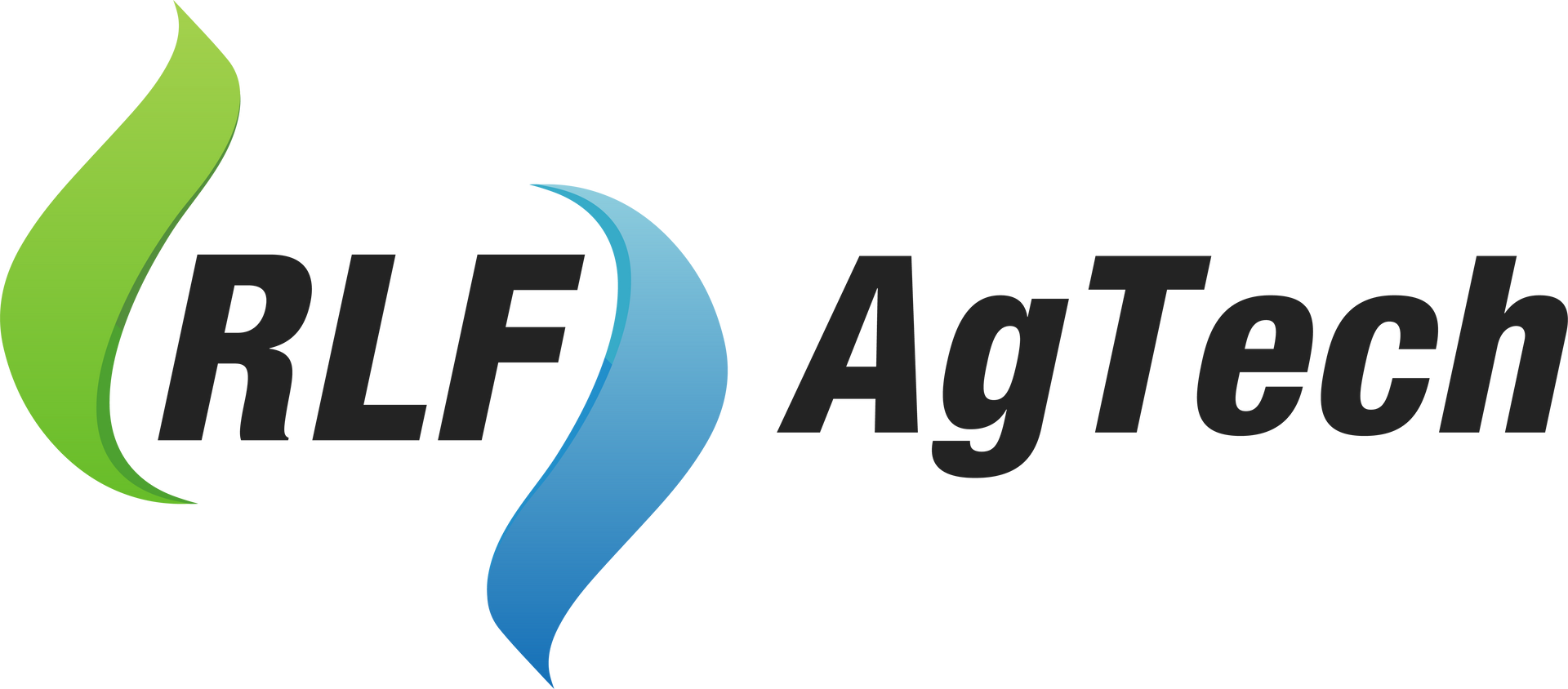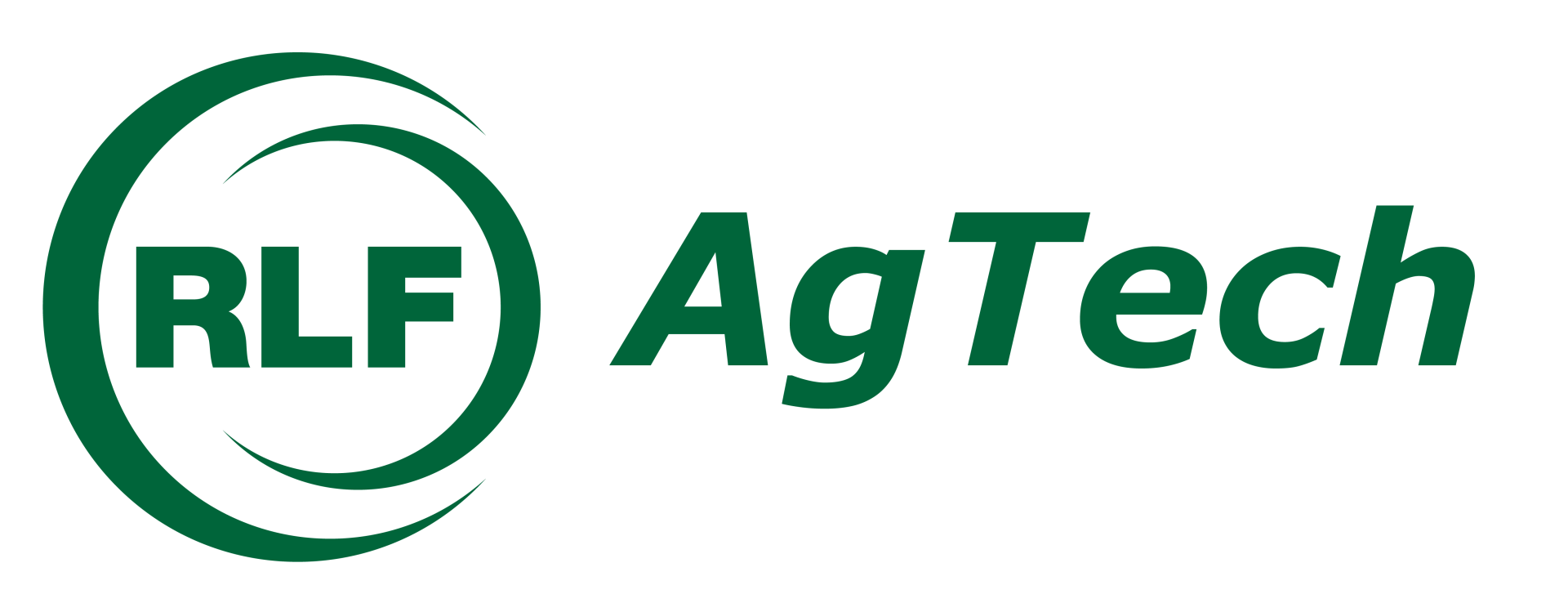Latest news
Welcome to RLF Ag Tech's latest news page.
Explore the cutting-edge advancements and solutions that are reshaping the landscape of agricultural technology.

RLF has announced the results from a recent trial of its Integrated Crop Nutrition Program for durian trees in the central highlands of Vietnam. The RLF-conducted trial demonstrated significant improvements in tree growth, fruit yield and quality, reinforcing the value of RLF’s crop nutrition technology for commercial agriculture. The full version of the trial report can be downloaded here .

Striking a Balance - Food Security, Social License and the Global Demand for Sustainable Agriculture
The global agricultural landscape is confronted with a complex challenge: on one hand, there's a growing need to ensure food security for a rising world population, and on the other, an increasing demand for sustainably produced food driven by environmental concerns and consumer preferences. An intricate balancing act that must be maintained to address these dual imperatives - while also securing the social license of farming. The concept of a social license in farming has evolved significantly over time, reflecting changes in societal expectations, technology, and environmental consciousness. Throughout history, farmers have been stewards of the land, providing food for communities and nations. Until recent times the farmers main focus was to produce enough food to feed the worlds growing population in a safe and consistent manner. As the 20th century progressed, concerns about environmental degradation, soil erosion, pesticide use, and water pollution began to surface. This led to increased scrutiny of farming practices and their impact on ecosystems. The Green Revolution of the mid-20th century, introduced high-yield crop varieties and synthetic fertilizers, which increased food production but had other less desirable consequences including lowering of the water table, increased salinization, and an increased use of pesticides (leaving residuals in the environment). The awareness of environmental issues has been a driving force in the evolution of farmers' social license. As society's understanding of ecological dynamics has deepened, so too has the expectation that farmers play a crucial role in preserving the environment. Australian farmers are adopting new practices and technologies to reduce emissions, build climate resilience and strengthen sustainability to respond to climate risks, secure their future and remain globally competitive. The future of agriculture is all about efficiency. Being more efficient with the use of fertiliser nutrients and water resources, lessening the impact that crop production has on the lands we farm. Working with nature, rather than against it, to maximise and optimise plant and soil health, increasing biodiversity in the lands we farm, producing healthier foods and more of it, using less precious natural resource to do so. Regardless of whether fertiliser is organic or chemical it requires the use of natural resources for its production, with most nutrients in chemical fertiliser derived from naturally occurring earth elements including phosphorus, calcium, zinc, copper, manganese and nitrogen. The manufacture of fertiliser products however, requiring large inputs of fossil fuels. By making efficiency improvements to farming via innovative technologies like RLF’s plant nutrition solutions, which uses a natural amino acid to deliver nutrients to plants in a way that is more efficient and effective than just using traditional fertiliser practices. We are working with nature to improve crop yields, reduce the need for conventional soil applied fertiliser, improve the quality of produce and restore soil health. These improvements investing in the prosperity of future generations, enabling farms to be more profitable, efficient, safe, and environmentally friendly thereby securing the social licence of agricultural activities.

Agriculture and sustainable farming practices are critical areas of research for the future of humanity – after all, everyone needs to eat. The complex relationship between agriculture and climate change is becoming even more pronounced, with the pandemic and recent geopolitical instability serving to highlight the fragility of our global food system. Agriculture has a significant impact on the environment, accounting for around 70 per cent of freshwater consumption and 30 per cent of greenhouse gas emissions. 1 Unless global population growth stops, or most people change their diets, the world can only feed its growing population by either intensifying agriculture or by clearing more natural eco systems, such as rain forests, for agricultural production. Intensification, increasing the yield of food per hectare of land, requires the nutrients removed from the soil to be replaced to maintain sustainable land use; if nutrients are not replaced soils will become unproductive, ground cover will be reduced, and the risks of erosion and desertification increases. Applied nutrients can also cause environmental problems if there are losses to water systems or to the atmosphere. In the past, the indiscriminate use of chemical fertilisers in agricultural production systems had an adverse impact on natural ecosystems and soil health. In order to increase agricultural intensity without causing damage to the environment an alternative is required; one that can boost farm productivity while prioritising environmental sustainability. The role of AgTech In some ways, today’s food system resembles the energy sector from a decade ago. It provides vital inputs for human survival – but does so with some important negative side effects. There are significant opportunities for agtech to revolutionise the way we grow food, leveraging technology to create more efficient methods of farming. For example, the development of innovative plant nutrition products which facilitate the maximisation of yield and improvement in soil health. In recent years, innovative plant nutrition products have become increasingly important in agricultural farming as farmers’ focus has shifted towards fertiliser-use efficiency and farm productivity. It is estimated that at least 30 to 50% of crop yield is attributable to commercial fertiliser nutrient inputs. 2 In light of this, innovation, and improvements to the efficacy of these fertiliser nutrients has the potential to really move the dial in respect to food security and the global food system. RLF Agtech’s plant nutrition products are based on a proprietary technology called Plant Proton Delivery Technology (PPDT). PPDT uses a natural amino acid to deliver nutrients to plants in a way that is more efficient and effective than just using traditional fertiliser practices. Our PPDT Technology has been shown to improve crop yields, reduce the need for conventional soil applied fertiliser, improve the quality of produce and restore soil health. The Agricultural Nutrients Market The global agricultural micronutrients market size & share was valued at USD 4.03 billion in 2021 and is expected to reach USD 8.24 Billion by 2030, growing at a CAGR of 8.7% during the forecast period. 3 This market is being driven by the growing population, increasing demand for food, increased necessity of micronutrients due to agricultural intensification as-well-as a global focus on sustainability. To keep intensive agriculture productive while minimising negative environmental consequences, systematic action to restore natural resources is essential. In order to meet global demand in food production and provide healthy and safe food in the face of climate change, the agriculture industry must take measures toward meeting the nutritional needs of the human population while protecting the soil, water, and air required to produce nutritious food. Climate change is the defining challenge of our generation—and companies around the world including RLF AgTech are stepping up to drive change in our respective industries. At RLF AgTech we are committed to developing sustainable agricultural solutions and are proud to be leading the charge.

